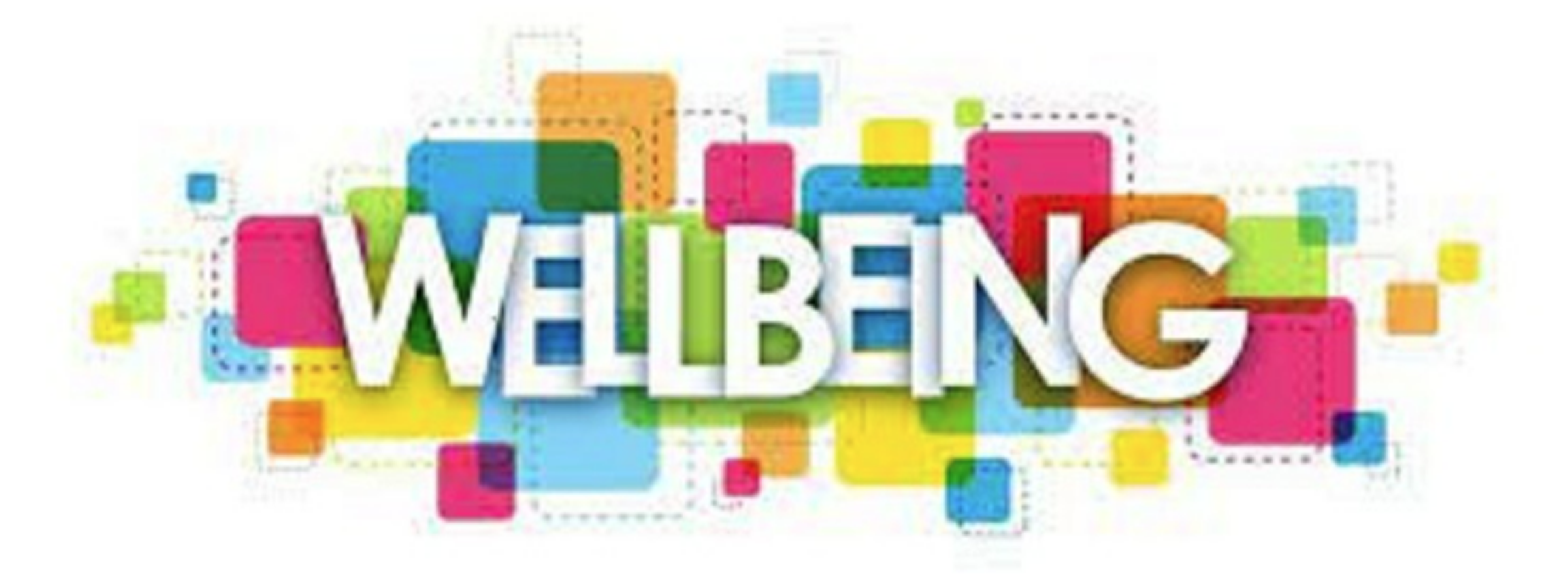Wellbeing

Goal Setting in Learning
Academic goal setting is a crucial dimension of a student's ability to cognitively self-regulate. Goal setting is also a constructive academic behaviour, along with perseverance, motivation, and planning, that impacts learning. A student who can focus their attention, concentrate, and activate mental processes to connect concepts they are learning is far more likely to succeed in the classroom. Cognitive self-regulation encompasses many observable academic skills, such as taking notes, completing a task, and persisting when faced with challenges. Goals can improve students' ability to delay gratification and reduce impulsive behaviours, allowing them to focus on the learning at hand.
The source of goals is important. Mastery goals focus on learning content ("I want to learn how to calculate slope"). In contrast, many students only focus on performance goals, such as "Getting an A in Algebra." That objective is also quite distant, because the student isn't going to know whether they achieved it or not until the end of the year. Incremental goals help students break down long-term objectives into manageable pieces, allowing them to monitor their progress. Initial and mid-unit assessments give students interval data to gauge how they're doing.
Academic mastery goals are more powerful when they are incremental, and when students actively participate in their development. In doing so, the goals often shift from an exclusive focus on performance to more of an emphasis on mastery. In other words, moving from "I want to get an A in Algebra" to "I want to learn how to calculate slope" shortens the time needed to achieve the goal while also focusing on necessary learning instead of looking narrowly at academic achievement. But how else might we ramp up goal setting that emphasizes growth, not just achievement?
Frame Personal Best Goals
When we set goals for ourselves, we typically don't start with the most ambitious outcomes we can think of. Chances are good that Nancy's walking goal is not on par with a professional athlete's. But it's her goal and it spurs her forward. Students who are not yet making expected progress may struggle in setting goals, especially if they are focused on perfection. Their past performance may be evidence to them that they can never reach high-level performance, a self-defeating attitude that further hinders their learning.
Conversations about one's personal best, which is self-referenced, can be useful in building self-efficacy, the belief that one can achieve their goals. Begin the discussion by exploring an academic or school-related goal students have for themselves. Ask them some questions to learn more about their goal. Possible questions include:
- Why is this something you value?
- What has your past performance been like? What has been your personal best so far?
- How will achieving this goal benefit you?
- How will you know you have been successful?
- What might get in the way of you meeting this goal?
- What do you need to achieve the goal?
Students are to show their journey to achieve their goals on SeeSaw or Google Classroom.
All student goals are placed on COMPASS every 5 weeks for parents to view and discuss with their child/ren.
In the sub-school assemblies this term teams are focussing on what behaviours help us to achieve our goals. This is a great opportunity to reinforce this with your child/ren.
Regards,
Brianna
Reference: ASCD: The Self-Directed Learner
